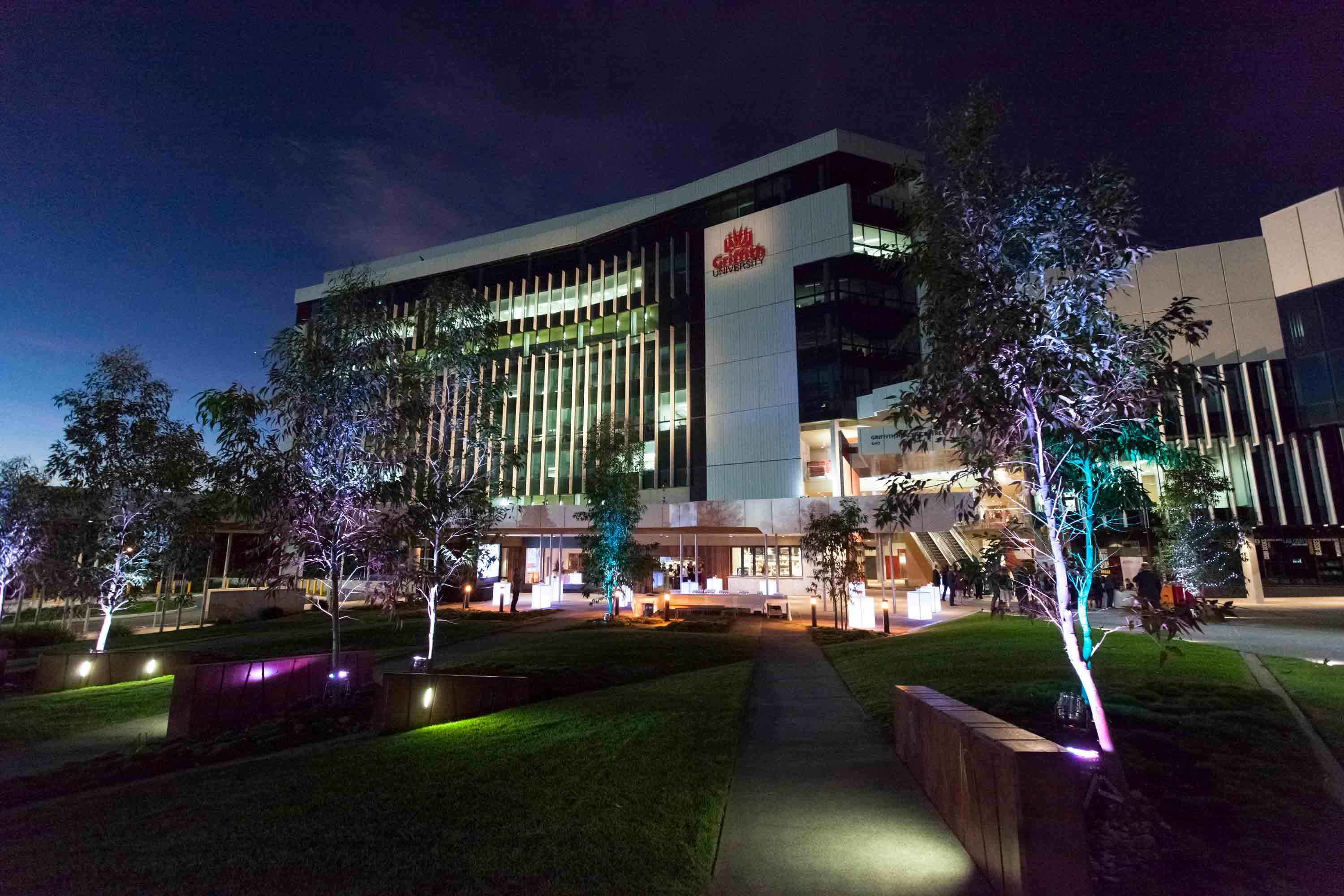
Principal speaker
Dr Amir Esrafilian
2022 Menzies Health Institute Queensland Seminar Series
Disability and Rehabilitation Program/GCORE and School of Health Sciences and Social Work Seminar
Presenter: Dr Amir Esrafilian,Postdoctoral Researcher in Biophysics of Bone and Cartilage, Department of Applied Physics, University of Eastern Finland
Title: Computational Modelling to Predict the Progression of Knee Osteoarthritis
Seminar Overview -
Knee osteoarthritis (KOA), ranked among the leading causes of disability across the globe, reduces the quality of life by causing chronic pain, inflammation, and joint stiffness. Osteoarthritis is a progressive joint disease characterized by altered biosynthesis and degradation of articular cartilage and underlying bone, attributed to joint mechanics and inflammatory substances as modifiable risk factors. Abnormal mechanical loading can cause collagen network damage, cell death, and loss of proteoglycans within the cartilage. Moreover, chemical factors such as the diffusion of inflammatory cytokines into the cartilage can also alter cartilage synthesis, leading to cartilage degradation. Hence, a thorough knowledge of the mechanobiological response of the knee joint articular cartilage is essential to investigate the onset and progression of KOA, and potentially enhance KOA treatments. To this end, we (at the Biophysics of Bone and Cartilage research group) develop, validate, and utilize physics-based multi-scale models to noninvasively estimate the mechanobiological environment and, consequently, the degradation response of the knee. At the joint level, subject-specific musculoskeletal models are developed and utilized to estimate knee joint kinematics and kinetics of individuals while performing different functional activities. In lower spatial scales, i.e., tissue- and cell-level scales, subject-specific multi-physics finite element analysis (driven by the inputs from the subject's musculoskeletal model) is developed and utilized to estimate mechanobiological responses of knee cartilage constituents, e.g., fibrillar (collagen) and nonfibrillar (proteoglycans) matrices and cells. Ultimately, our research aims to provide algorithms that can predict the onset and progression of KOA and assist clinicians with personalized prevention or treatment planning of KOA.
Presenter Biography -
Dr Amir Esrafilian is a postdoctoral researcher in the Biophysics of Bone and Cartilage research group at the University of Eastern Finland. He holds a B.Sc. and M.Sc. in Mechanical Engineering and a Ph.D. in Applied Physics. His research interests deal with developing personalized multiscale physics-based models and computational stress analysis in musculoskeletal applications. Within the theme, Dr. Esrafilian's primary research focus has been on knee joint biomechanics, especially investigating knee joint loading in functional activities and the subsequent progression of osteoarthritis. His current research aims to develop clinically viable tools to estimate personalized knee mechanobiological response, assisting clinicians with tailored rehabilitation and gait modifications to prevent or postpone knee osteoarthritis.
RSVP by Friday 12 August 2022 -
https://forms.office.com/r/x3P0GFftA9
Seminar Flyer -
Download the flyer for this seminar here
Event categories
RSVP
RSVP on or before Friday 12 August 2022 16.52 pm, by email mhiq@griffith.edu.au , or by phone 07 5678 0907 , or via https://forms.office.com/r/x3P0GFftA9